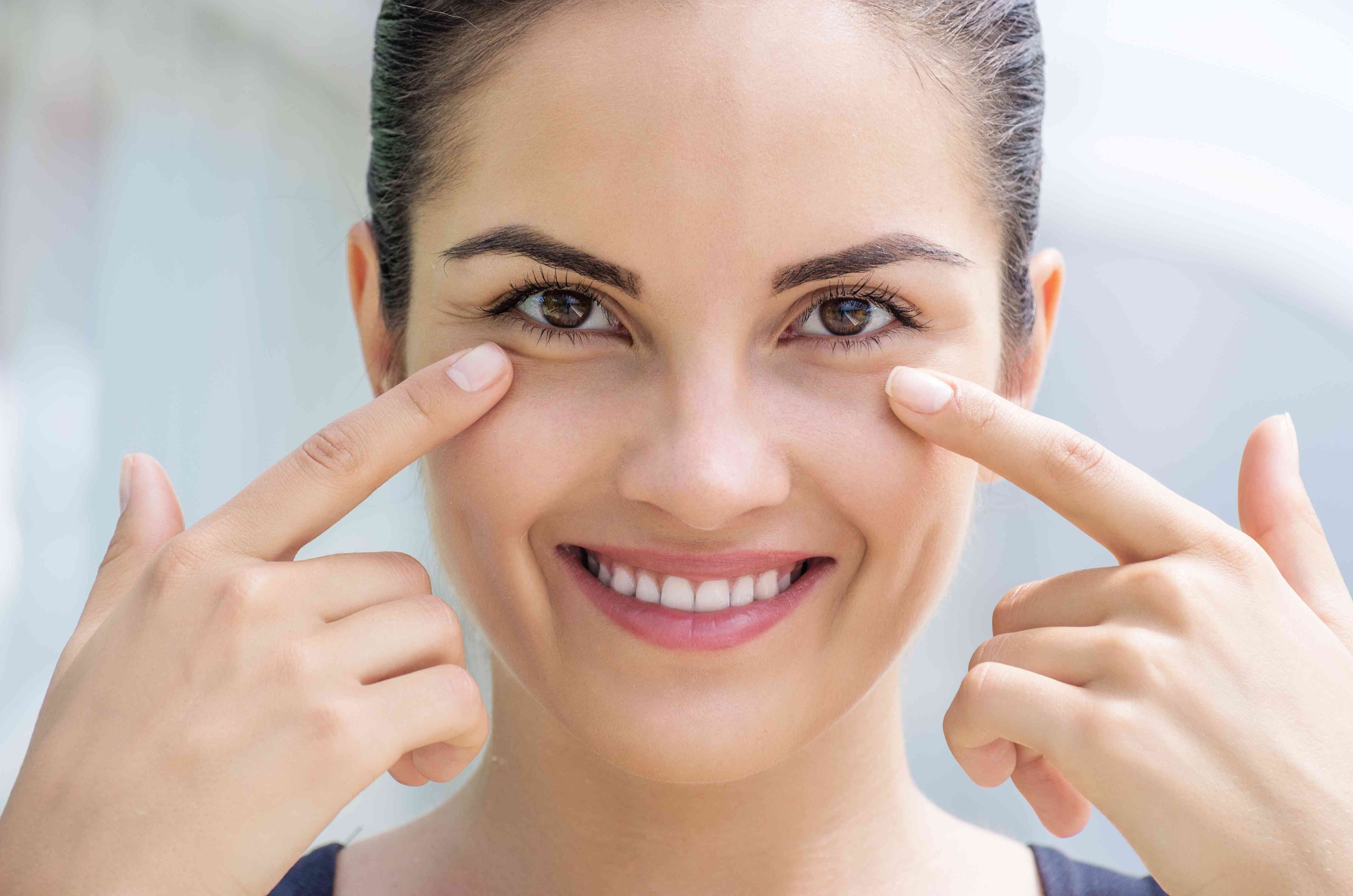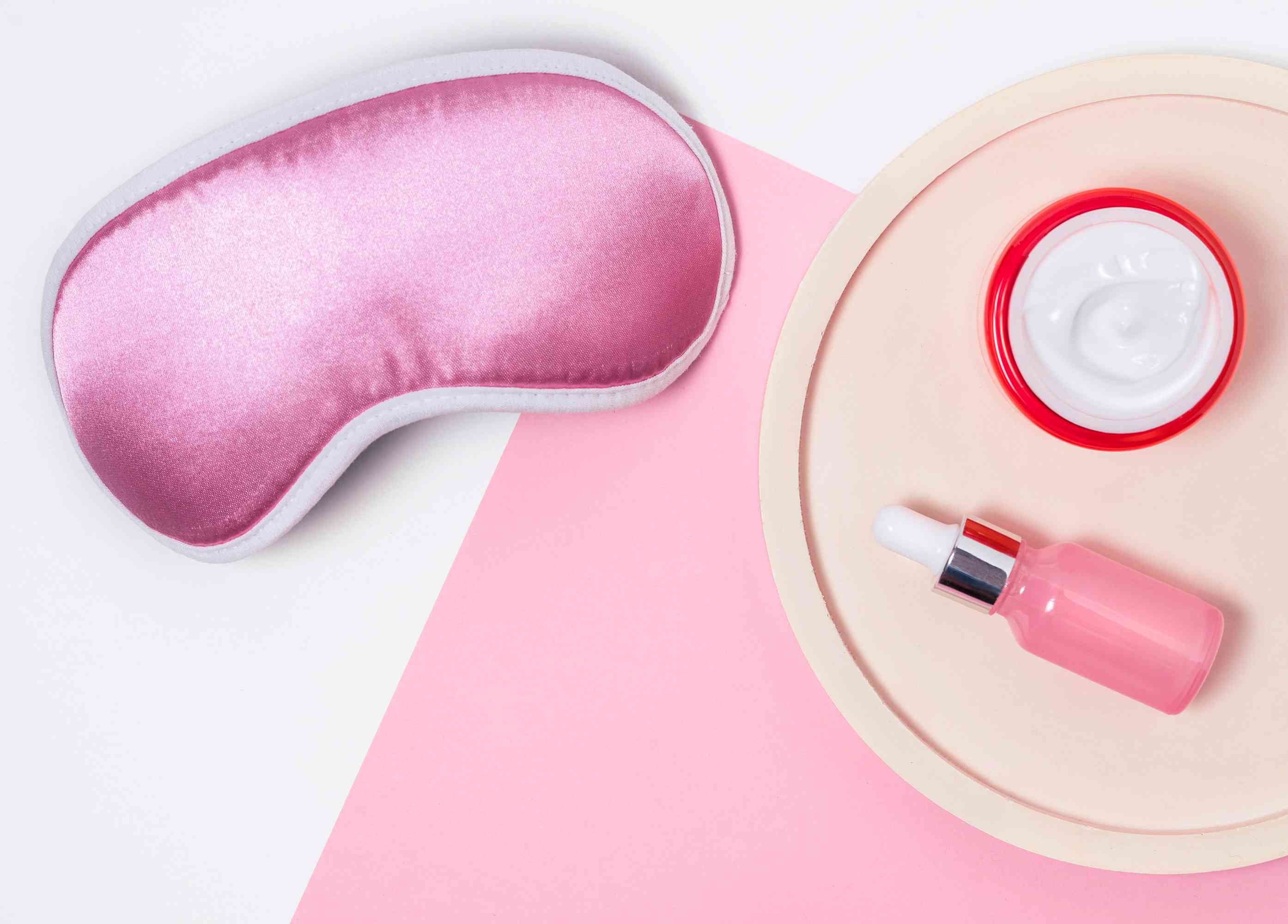

Retinol night creams are essential for achieving refreshed, youthful skin. Retinol, a vitamin A derivative, improves texture, reduces wrinkles, and evens skin tone by accelerating cell turnover and boosting collagen production. Nighttime is ideal for applying retinol since the skin is in repair mode and more receptive to active ingredients.
To maximize the benefits, you should consider concentration levels when choosing a retinol cream. Packaging is vital too—look for airless pumps or opaque tubes to preserve potency and extend shelf life.
Combining retinol with hyaluronic acid or vitamin C can enhance hydration and collagen production. Look for 'dermatologist-tested' or 'clinically-proven' labels for added reassurance of product safety.
By selecting a retinol night cream with the right concentration, stable packaging, and complementary ingredients, you'll be on track to achieve your skincare goals. Stay tuned for tips tailored to different skin types and advice on avoiding potential irritants.
Retinol night creams have become a staple in many people's skincare routines and for good reason! These powerhouses of skin-loving ingredients can work wonders while you sleep, helping to improve skin texture and reduce signs of aging. So, what makes retinol so special?
Key Attributes to Look for in Retinol Night Creams
When it comes to choosing a retinol night cream, there are a few key attributes you should keep in mind:
Concentration Levels: Look for a retinol night cream with appropriate concentration levels. A concentration of 0.1% to 1% is typically recommended for most skin types.
Stable Packaging: Retinol is sensitive to light and air exposure, which can degrade its effectiveness over time. Opt for products with stable packaging such as airless pumps or opaque tubes to protect the retinol from deteriorating.
Complementary Ingredients: Some retinol night creams also contain additional ingredients that complement the effects of retinol. Hyaluronic acid provides hydration, Vitamin C brightens the skin, and niacinamide helps minimize pores and improve uneven skin tone.
Dermatologist-Tested or Clinically-Proven: For added assurance, look for products labeled as 'dermatologist-tested' or 'clinically proven'. This indicates that the product has undergone rigorous testing to ensure its safety and effectiveness.
By considering these attributes when choosing a retinol night cream, you can find one that suits your individual needs and maximizes its benefits.
Before you jump on the retinol bandwagon, let's take a closer look at what to avoid and potential irritants you should be aware of.
If you have sensitive skin or conditions like eczema or rosacea, it's best to consult with a dermatologist before introducing retinol into your routine. They can guide you on the appropriate concentration and usage frequency that suits your skin.
Starting with lower concentrations and gradually increasing usage can help minimize potential side effects such as dryness, redness, or peeling. Patch testing on a small area of your face before applying all over can also help identify any adverse reactions.
When choosing a retinol night cream, be mindful of the ingredients list. Fragrance-free formulas are ideal as fragrances can potentially irritate the skin. Additionally, avoid products that contain known irritants like alcohol or essential oils.
Now that we've covered potential irritants and sensitivities to avoid let's move on to personalized tips for different skin types in the next section.
For Dry Skin:
If you have dry skin, finding the right retinol night cream can help nourish and hydrate your skin while reducing signs of aging. Look for moisturizing formulas that contain additional hydrating ingredients like ceramides or shea butter. These ingredients can provide an extra boost of moisture to combat dryness and leave your skin feeling soft and supple.
For Oily/Acne-Prone Skin:
If you have oily or acne-prone skin, it's important to choose a retinol night cream that won't clog your pores or exacerbate breakouts. Opt for lightweight, non-comedogenic formulas that are specifically designed for oily or acne-prone skin types. These formulas are less likely to cause breakouts and will not leave your skin feeling greasy.
For Combination Skin:
Combination skin requires a balanced approach when using retinol night creams. Focus on using the cream on specific areas of your face that are prone to dryness or signs of aging, such as the cheeks or forehead. For the rest of your face, use a lighter moisturizer to avoid excessive oiliness. The key is to find the right balance between hydration and oil control.
Next up: Tips for Maximizing Results and Minimizing Side Effects
Here are some tips to help you maximize the results and minimize any unwanted reactions:
Sunscreen is Your Skin's Best Friend—Now and Always!
When using retinol creams, it's crucial to be diligent about sunscreen usage. Retinol can make your skin more sensitive to the sun's harmful UV rays, so protecting your skin with a broad-spectrum sunscreen of at least SPF 30 is a must. Apply it generously every morning as the final step in your skincare routine.
Start Slow and Steady
To avoid overwhelming your skin, start by using retinol night creams at a lower frequency, such as every other day or even just once a week. As your skin gradually adjusts and tolerates the product well, you can increase the frequency of application.
Follow Up with Gentle Hydration
After applying retinol night creams, follow up with a gentle cleanser to remove any residue. Then apply a moisturizer that suits your specific skin type and concerns. If you're experiencing dryness, consider incorporating a hydrating serum into your routine for an extra boost of moisture.
Be Patient and Consistent
Results from retinol night creams may not be immediate—it often takes weeks or even months to see noticeable improvements in your skin texture and signs of aging. So be patient!
Choosing the right retinol night cream is crucial for achieving maximum results and avoiding potential side effects. Here's a recap of what we've discussed:
Look for retinol night creams with appropriate concentration levels. This ensures effectiveness without overwhelming your skin.
Opt for stable packaging, such as airless pumps or opaque tubes, to protect the retinol from light and air exposure, ensuring its potency.
Seek out additional ingredients like hyaluronic acid, vitamin C, or niacinamide that complement the effects of retinol, providing added hydration and brightening properties.
Consider products labeled as 'dermatologist-tested' or 'clinically proven' for extra assurance of their safety and efficacy.
Now that you know what to look for and what to avoid when it comes to retinol night creams, you're well-equipped to make an informed decision. Take care of your skin and embrace the journey towards healthier-looking skin!
Disclaimer: The information provided in this article is for general informational purposes only. It is not intended to be a substitute for professional advice, diagnosis, or treatment. Always consult with qualified professionals regarding any questions or concerns you may have about incorporating retinol into your skincare routine. Reliance on any information provided in this article is solely at your own risk. We do not endorse or recommend any specific retinol night creams mentioned in this article.
